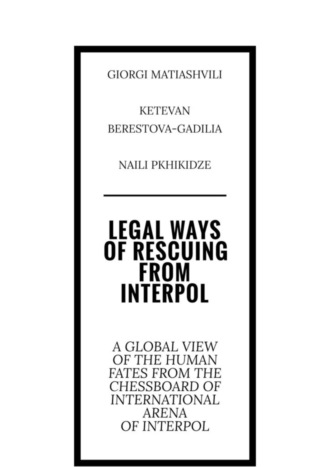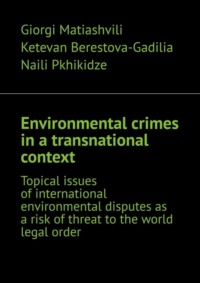
Legal ways of rescuing from Interpol. A global view of the human fates from the chessboard of international arena of Interpol
September 7, 1923 is considered the date of the creation of the International Criminal Police Organization (ICPO).
It should be noted, that formally the Commission continued its activities during the Second World War. In the 1930s, specialized departments were created in the structure of Interpol to combat currency counterfeiting, with a world database of criminals. In 1935, the organization began international radio broadcasting. Since 1938, it was headed by the Austrian Otto Steinhäusl. According to the statute, the chairman of the Commission was the head of the police of the host country, which was originally Austria. In the following years, the Interpol was headed by representatives of Nazi Germany. Since 1938, Nazi Germany (since the Anschluss – the annexation of Austria to Nazi Germany), the headquarters of Interpol was moved to Berlin, and the presidents of this organization were SS generals Reinhard Heydrich (1940—1942), the second person after Himmler in German police hierarchy which was liquidated in Prague in 1942 by British special forces agents. He was replaced by SS man Ernst Kaltenbrunner, who was punished capitally by the verdict of the Nuremberg Trials in 1946. And the SS man Arthur Nebe was the director from 1938 to 1944, and from 1942 to 1943 the president of Interpol ((In 1945 he was executed for conspiracy against Arnold Hitler) and Ernst Kaltenbrunner (1943—1945).
Конец ознакомительного фрагмента.
Текст предоставлен ООО «ЛитРес».
Прочитайте эту книгу целиком, купив полную легальную версию на ЛитРес.
Безопасно оплатить книгу можно банковской картой Visa, MasterCard, Maestro, со счета мобильного телефона, с платежного терминала, в салоне МТС или Связной, через PayPal, WebMoney, Яндекс.Деньги, QIWI Кошелек, бонусными картами или другим удобным Вам способом.
Приобретайте полный текст книги у нашего партнера:


